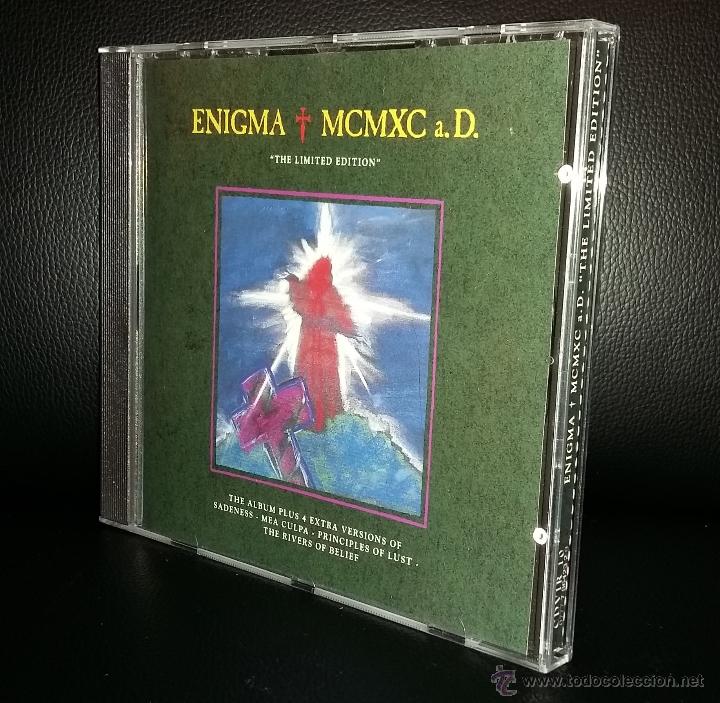

Cretu developed the idea of sampling in a new direction. is considered a landmark and innovative New Age album. The vocals were used without permission which led to a lawsuit. The chants used on "Sadeness" and "Mea Culpa" were mostly taken from Paschale Mysterium (1976) by the German choir Capella Antiqua München with conductor Konrad Ruhland, specifically from the track "Procedamus in pace! (Antiphon)". Studios located in Cretu's home on the Spanish island of Ibiza. was recorded in 1990 across eight months at A.R.T. In 19, the album was re-released with additional remixed tracks. "Sadeness (Part I)" topped the singles charts worldwide and remains Enigma's most successful single.

Four singles from the album were released-" Sadeness (Part I)", " Mea Culpa (Part II)", " Principles of Lust", and " The Rivers of Belief". 6 in the United States where it sold over 4 million copies and stayed on the Billboard 200 chart for 282 weeks. received some criticism for its sexual and religious themes and connotations, but, nonetheless, became a worldwide success, reaching the top 10 in ten countries, including the United Kingdom, and No. Cretu makes extensive use of Gregorian chants, dance beats, and flute sounds. It is one of the first albums recorded onto a hard disk. Studios, his home studio in Ibiza, Spain. Following their marriage in 1988, Cretu developed an idea for a New-age music project and recorded MCMXC a.D. Before he founded Enigma, Cretu had released several solo records, collaborated with various artists, and produced albums for his then wife, German pop singer Sandra.


 0 kommentar(er)
0 kommentar(er)
